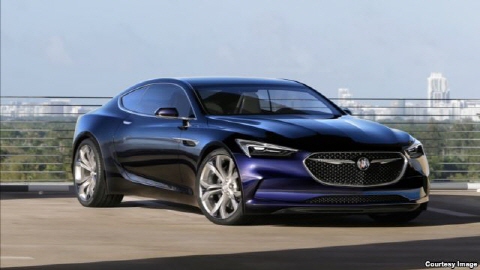
[전문 + mp3] / [받아쓰기]
Many cars in advertisements, exhibits and at car dealerships in the United States are red, blue or green -- but almost 75 percent of new cars sold in the United States are black, white, silver or gray. Les Jackson is a reporter who writes about cars. He says the car colors Americans choose do not show dirt as much as the colors of other cars. He says that means the owners wash their cars less, saving money. And he notes some areas that are suffering from water shortages do not permit people to wash their cars often, if at all. Dan Benton works for a company called Axalta, which makes supplies for international carmakers. He says when white cars are sold by their owners, they often sell for higher amounts than cars of other colors. And he notes that white cars “absorb less energy” than cars of other colors. This means temperatures inside them are lower in warmer areas.
* exhibit = 전시회; 전시품/ car dealership = 자동차 영업소(판매 대리업)/ dirt = 먼지, 때, 흙/ note = (중요하거나 흥미로운 것을) 언급하다/ water shortage = 물 부족/ if at all = ~한다 하더라도/ absorb = 흡수하다, 빨아들이다
Benton also says research at Monash University in Australia suggests that there is a lower risk of crashes during the day for white cars compared with darker ones. Car buyers in other countries also like white. Jane Harrington works for PPG Industries, a company that makes paint for cars. She said in China, buyers say white makes a small car look bigger. Axalta says about 11 percent of cars sold in North America are red and 8 percent are blue. In South America, 10 percent of new cars sold are red. Green has become less popular. Benton notes that in the mid 1990s, “green was the most popular color in North America. Today, green is hard to find." Sometime in the future, people may not have to choose the color of their car -- technology may let owners change their car’s paint color anytime.
* crash = (자동차 충돌, 항공기 추락) 사고/ compared with ~ = ~와 비교하여/ sometime = 언젠가












